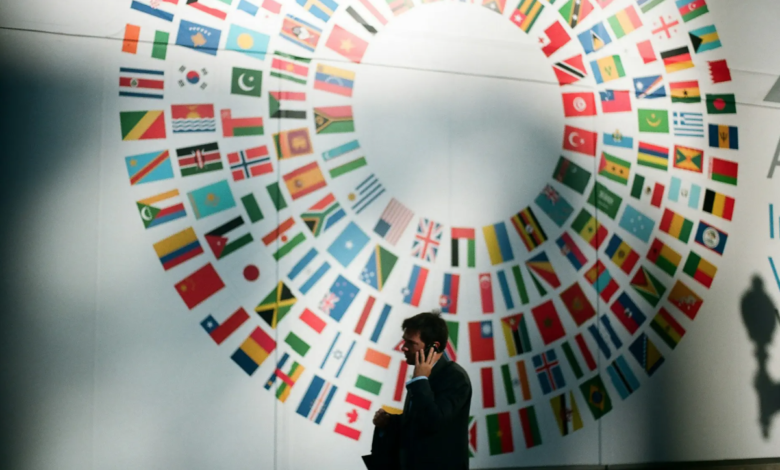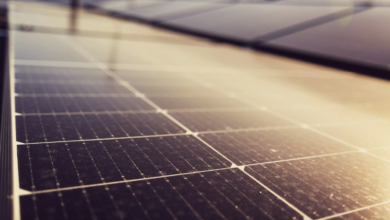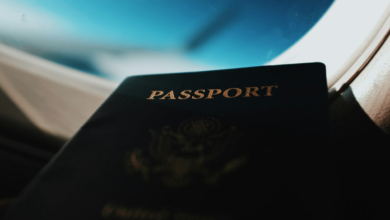
Plastic and carbon credits will be provided thanks to the plastic bond to investors who will focus on sponsored projects
(sustainabilityenvironment.com) – The World Bank has launched a “plastic bond“, a bond linked to the reduction of plastic waste. Available from yesterday, it will have a duration of seven years (January 2031) and a value of 100 million dollars. The financial product is designed to provide returns to investors through plastic and carbon credits generated in waste reduction and recycling projects in vulnerable communities in Ghana and Indonesia.
The Plastic Waste Reduction-Linked Bond, the full name, aims to mobilize private capital to finance projects in marginalized communities. In fact, near the poor and vulnerable villages and towns of the South of the world, are often built sites of combustion of plastic consumed in the global North. This has an unequal impact on health and the ecosystem. With the World Bank plastic bond, the idea is to get investments to use to incentivize more sustainable waste collection projects in low-income areas. From these projects, plastic credits and carbon credits would be issued, and certified by the company Verra. Thanks to these credits, investors will be able to offset the pollution generated by their activities.
14 million have already raised
Among the first investors, the World Bank involved Velliv Pension, Skandia, Mackenzie Investments, T. Rowe Price and Muzinich & Co. These groups provided about 14 million dollars of initial funding with which to upgrade existing facilities, build new collection and recycling sites and install food waste recycling equipment.
The projects in Ghana and Indonesia are expected to collect about 230 thousand tons of plastic waste in the next ten years. The World Bank promises that they will create direct and indirect employment for over a thousand individuals in marginalized communities. The funds will support waste collection and recycling sites in Accra, Ghana, and plastic reduction initiatives that end up in the ocean in Surabaya, Indonesia.
Skeptics are convinced that plastic credits are not the solution to really reduce pollution. It would only be a new financial product that feeds a fictitious economy based on inaccurate certifications.





